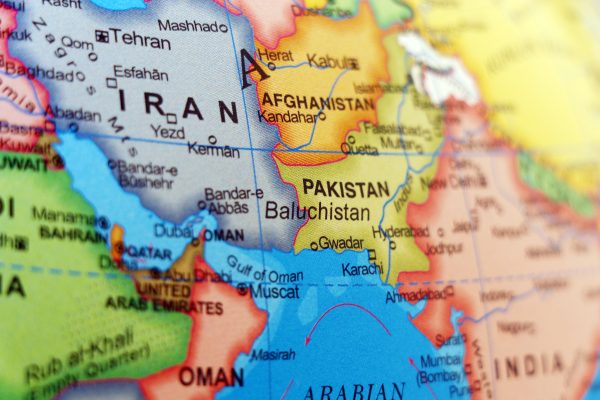The recent cross-border clashes between Pakistan and Afghanistan have once again exposed the challenges to regional stability. Both sides may have achieved a fragile ceasefire – facilitated by regional players – but tangible tensions remain.
Negotiations between Islamabad and Kabul are going nowhere. Afghanistan’s Taliban government continues to resist signing on to any written guarantees regarding the Tehreek-e-Taliban Pakistan (TTP) and other militant groups targeting state apparatus and civilian forces, mainly in Khyber Pakhtunkhwa and Balochistan provinces, the latter of which shares a border with both Afghanistan and Iran.
For Tehran, a willing potential facilitator of Afghanistan-Pakistan negotiations, the ongoing talks between two of its neighbors are a central concern. Iran is a net beneficiary of the status quo and, therefore, will render support for maintaining it.
For Iran, peace and stability in the neighborhood have become pivotal after the war with Israel in June 2025. Since the war, its concerns have been redirected inward rather than outward, clearly shown in its quiet involvement in promoting calm
Continue Reading on The Diplomat
This preview shows approximately 15% of the article. Read the full story on the publisher's website to support quality journalism.
